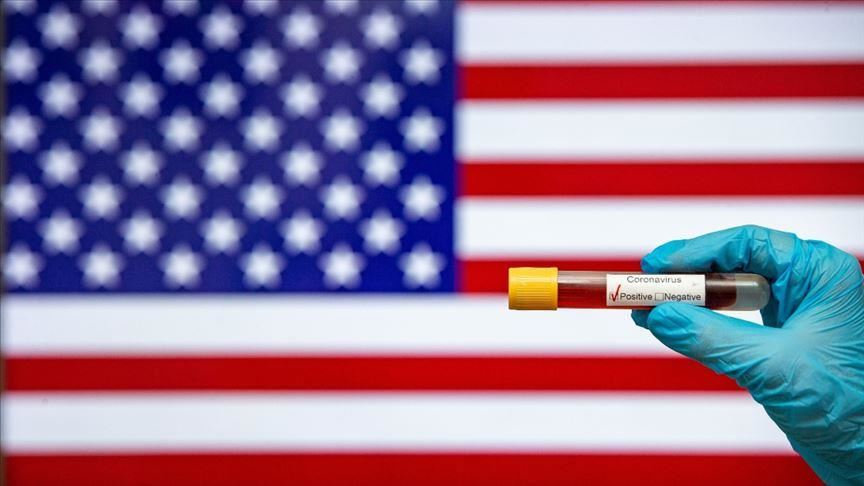60 Years Since US-Japan Security Treaty Revision: We Must Deepen Cooperation To Face Various Threats
(Japan) on 23 June 2020
by Editorial (link to original)
With the treaty as the foundation of the U.S.-Japan alliance, Japan has enjoyed peace, stability and economic prosperity. Cooperation between the two countries spans a wide range of areas, not just national security, but also economics, culture and so on. We would like to see the relationship deepen and continue to develop between both countries.
When the previous U.S.-Japan Security Treaty was revised in 1960, the main point was to clarify the alliance's obligation to defend Japan. The former Soviet Union's military power was on everyone's mind. Since the Cold War ended, more diverse threats loom, and military technology is improving at a remarkable pace.
North Korea continues to test nuclear missiles, while it also experiments with various types of ballistic missiles. At the same time, China is pursuing its own military expansion, engaging in ocean-based hegemonic activities. Backed by a huge budget, China is also poised to deploy space weapons.
It would be difficult for Japan's defense forces alone to cope with these threats. Japan's Self-Defense Forces and American military forces must seek to deepen their joint defensive capabilities.
American Military Presence in Asia Is Critical for Deterrence
In April, the U.S. military transitioned strategic bombers that had been deployed to Guam back over to the American mainland. In addition to demonstrating U.S. vigilance in the South China Sea, the bombers have also participated in joint military exercises with South Korea, keeping China and North Korea in check.
Since relocating to the American mainland, the bombers have also participated in joint military exercises with the Japan Air Self-Defense Force around Japan. These exercises must continue, in order to improve skills and readiness.
We Must Continue To Reevaluate Japan's Role in the Alliance
Prime Minister Shinzo Abe's administration has indicated that it is internally discussing a new policy regarding the U.S.-Japan Security Treaty. The government has ended plans to introduce Aegis Ashore, a land-based missile defense system. The main issue now is determining what will replace the system.
Japan's Liberal Democratic Party seeks the capability to attack enemy bases. In 1956, the government asserted that "it is unthinkable that the constitution's intent is for us to sit and wait for self-destruction." The government interpreted the constitution to mean that an attack in the case of an impending enemy missile launch is within the scope of self-defense.
If multiple missiles were launched at Japan at once, the current missile defense system would not be able to easily intercept them all.
In order to minimize damage, a possible option is to attack enemy bases via cruise missiles. Having counterattack measures in place strengthens deterrence. If Japan's role in the alliance expands, then the U.S.-Japan alliance will be strengthened.
We must not get caught in a fruitless debate over whether these measures will lead to a war of aggression. The government should carefully consider these points, and help citizens better understand this issue.


/cloudfront-eu-central-1.images.arcpublishing.com/prisa/3F5HC4BBXJH7ZKTGWDMYNJJNCM.jpg)